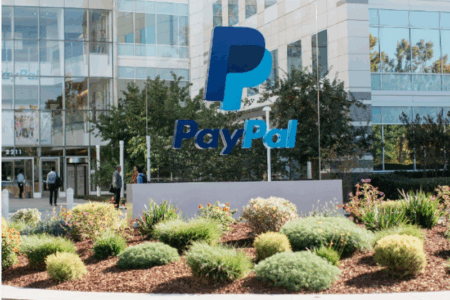Singapore’s real estate investment trusts (REITs) offer a compelling opportunity to invest in property without the high upfront costs.
Their steady dividend streams make them attractive to investors.
That said, not all REITs are created equal — there are four types you want to avoid.
1. Highly leveraged REITs
The Monetary Authority of Singapore (MAS) has set the gearing limit for Singapore REITs at 45%. This ratio, also known as aggregated leverage, indicates the level of total debt a REIT can carry relative to its total assets.
While the MAS has set the limit at 45%, REITs that can maintain a minimum interest coverage ratio (ICR) of 2.5 can have their limit raised to 50%.
Either way, while this gearing cap serves as a safety net, you may want to consider REITs with a leverage ratio below 40%, or even 35% if you want to be conservative.
A lower leverage ratio provides a buffer against unexpected events such as economic downturns.
If a REIT exceeds the 45% limit, it may be forced to raise funds via rights issues or private placements to reduce their debt and bring down its gearing ratio.
This move can often lead to dilution for unitholders who do not participate in the rights issue.
Looking ahead, there are changes in the horizon.
In July, the MAS proposed a standardised ICR threshold of 1.5 times and an aggregate leverage limit of 50% for all REITs to simplify the requirements.
REITs may also be required to disclose sensitivity analyses on the impact of interest rates on their ICRs.
2. Excessive private placements
As mentioned earlier, REITs can raise funds via rights issues or private placements.
In a rights issue, existing unitholders have the option to participate. However, private placements involve selling units to a select group of investors with existing unitholders being left out.
The problem arises when private placements become a common practice.
Excessive placements can dilute retail unitholders, leaving them with a smaller stake.
Additionally, the REIT may struggle to raise its DPU as it must distribute profits across a larger unitholder base.
3. Declining distribution per unit (DPU)
When investing in REITs, a high distribution yield is not always a good thing.
Instead, seek REITs with a long track record of increasing their DPU, a sign that their assets are valuable and can attract a continuous flow of tenants.
Conversely, a REIT consistently reports lower DPU should be avoided.
The key here is frequency.
You need to differentiate between short-term DPU cuts and long-term DPU declines.
For instance, most REITs have reported a lower DPU for the first half of 2024, with less than a handful reporting an increase.
Many have been negatively impacted by the rise in interest rates.
CapitaLand Integrated Commercial Trust (SGX: C38U) and ParkwayLife REIT (SGX: C2PU) stand out as among the few that have managed to increase their DPU despite the odds.
4. Excessively high valuation
From time to time, some REIT unit prices may outpace expectations only to fall when those expectations are not met.
A quick way to access valuation is to look at their price-to-book (P/B) ratio.
If the figure is above one, then the REIT is trading above its net asset value, an indication that it could be overvalued. This signal should trigger you to access whether the REIT deserves to be trading at a premium to its book value.
At the same time, if the REIT is trading far above its net asset value, then the potential investment returns may not be sufficient to offset the valuation risk you are taking.
Get Smart: REITs can be good but be selective
While REITs can be a profitable investment, it’s crucial to carefully evaluate their financial health and risk profile.
By avoiding highly leveraged REITs, those with excessive private placements, declining DPU, and high valuations, you can increase your chances of investing in successful REITs.
In our latest report, we dive into five standout Singapore REITs offering distribution yields exceeding 5.5%. Why settle for less? Get more dividends hitting your bank account with our REITs guide. Click here to download for free now.
Follow us on Facebook and Telegram for the latest investing news and analyses!
Disclosure: Chin Hui Leong owns all the stocks mentioned.





